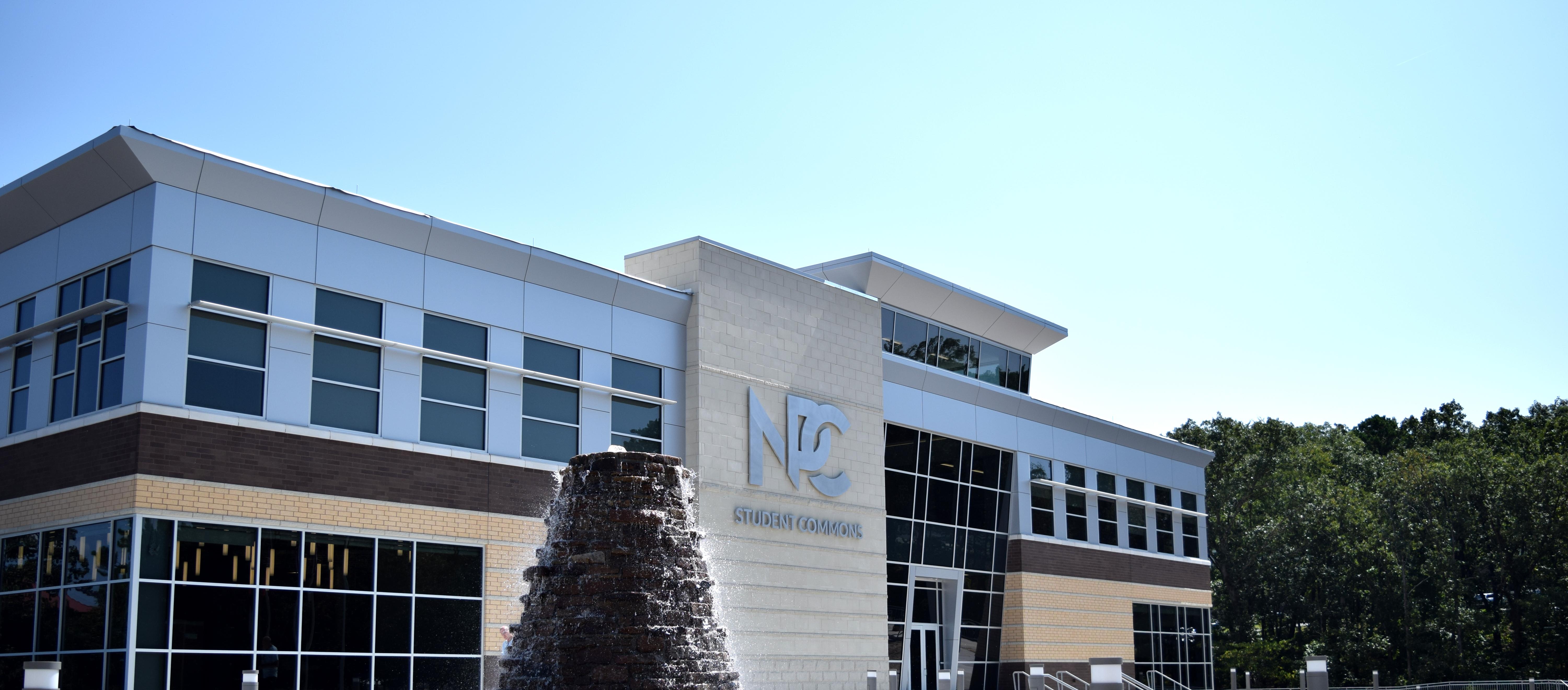EMT 1376 - Emergency Medical Technician 6 Credits
The Emergency Medical Technician (EMT) program is designed to prepare the student for prehospital assessment and emergency care to the sick and injured. This course provides the knowledge and skills necessary to stabilize and safely transport patients ranging from non-emergency and routine medical transports to life threatening emergencies in the delivery of basic life support.
EMT is a physically demanding career that requires physical agility and dexterity skills. Students must pass with a “C” or higher to be eligible for the Certificate of Proficiency in Emergency Medical Technician. This course includes both didactic as well as practical hands on skills including a clinical rotation at a local hospital and field rotation at local EMS services.
Students who successfully complete the certificate of proficiency program will be prepared and eligible to take the National Registry of EMT exam and become licensed, in the state of Arkansas, at the entry level for EMS providers. Graduates may be eligible to obtain employment in local industry, EMS agencies, hospitals, clinics or at local volunteer fire departments/Rescue Teams. Emergency Medical Technicians are a critical link between the scene of an emergency and the health care system. Those wishing to work in the EMS field as a career are encouraged to obtain a technical certificate or AAS degree in paramedic science.
Prerequisite: Proof of Basic Life Support CPR certification, must be 18 years of age by the course end, have a GED or high school diploma, have no disabilities which could preclude participation in all aspects of the program, and no record of felony convictions.
Course Level Objectives
Upon successful completion of this course, the student will be able to:
1. Collaborate with patients, families, significant others, and members of the healthcare team as appropriate in the provision of pre-hospital emergent care. (PLO 1)
2. Create a caring pre-hospital environment that achieves desired therapeutic outcomes. (PLO 2)
3. Record and report events and activities using verbal, written, and electronic formats reflecting current standards of practice for the EMT in the provision of pre-hospital emergent care. (PLO 3)
4. Employ critical thinking behaviors in emergent practice decisions when managing care of patients in the pre-hospital setting. (PLO 4)
5. Assist in the provision of safe, quality emergent care by effectively employing knowledge, skills, and attitudes. (PLO 5)
6. Demonstrates care reflecting attitudes, behaviors, and cultural competence consistent with the ethics and professionalism expected of Emergency Medical Technicians. (PLO 6)
Add to Portfolio (opens a new window)
|

